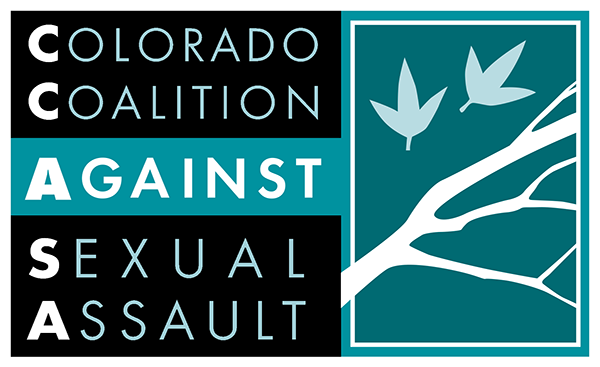By Gina Lopez
During the Senate Judiciary Committee testimony for Senate Bill 150 – Office of Missing and Murdered Indigenous Relatives, it was mentioned that Indigenous mothers prepare themselves and their children not for if they experience forms of violence but, when they will. Indigenous peoples experience violations in many forms, especially sexual violence and traumas.
Yet many people across the Indian Nation were not able to engage in this conversation. Why? A lack of coverage that was definitely called for. So many didn’t hear stories from the most moving outreached hands that opened up the eyes of Colorado legislators.
Rape has been a weapon of war against Indigenous communities for centuries. Yet, we still lack adequate investigation, prosecution and rendering of systems justice for adults and children. That’s why CCASA is an ally in the fight for Senate Bill 150. Coalitions that focus on ending and preventing sexual violence must acknowledge the systems of oppression that nurture sexual violence and, thus, stand with this issue.
Anti-sexual violence organizations absolutely have an important role to play in supporting the work of MMIR/MMIW because of how closely sexual violence and oppression are intertwined with the lack of visibility, normalized injustices, and the violations Indigenous communities have endured since first contact.
Together, organizations and communities can work toward ending the epidemic of MMIR/MMIW and focus on lessons in history of the strength in Indigenous ancestry. One day, our mothers may stop worrying if their children will make it home at the end of the day.
Together, we can strengthen how we confront violence in our communities and Indigenous survivors are the leaders, showing us the way.

